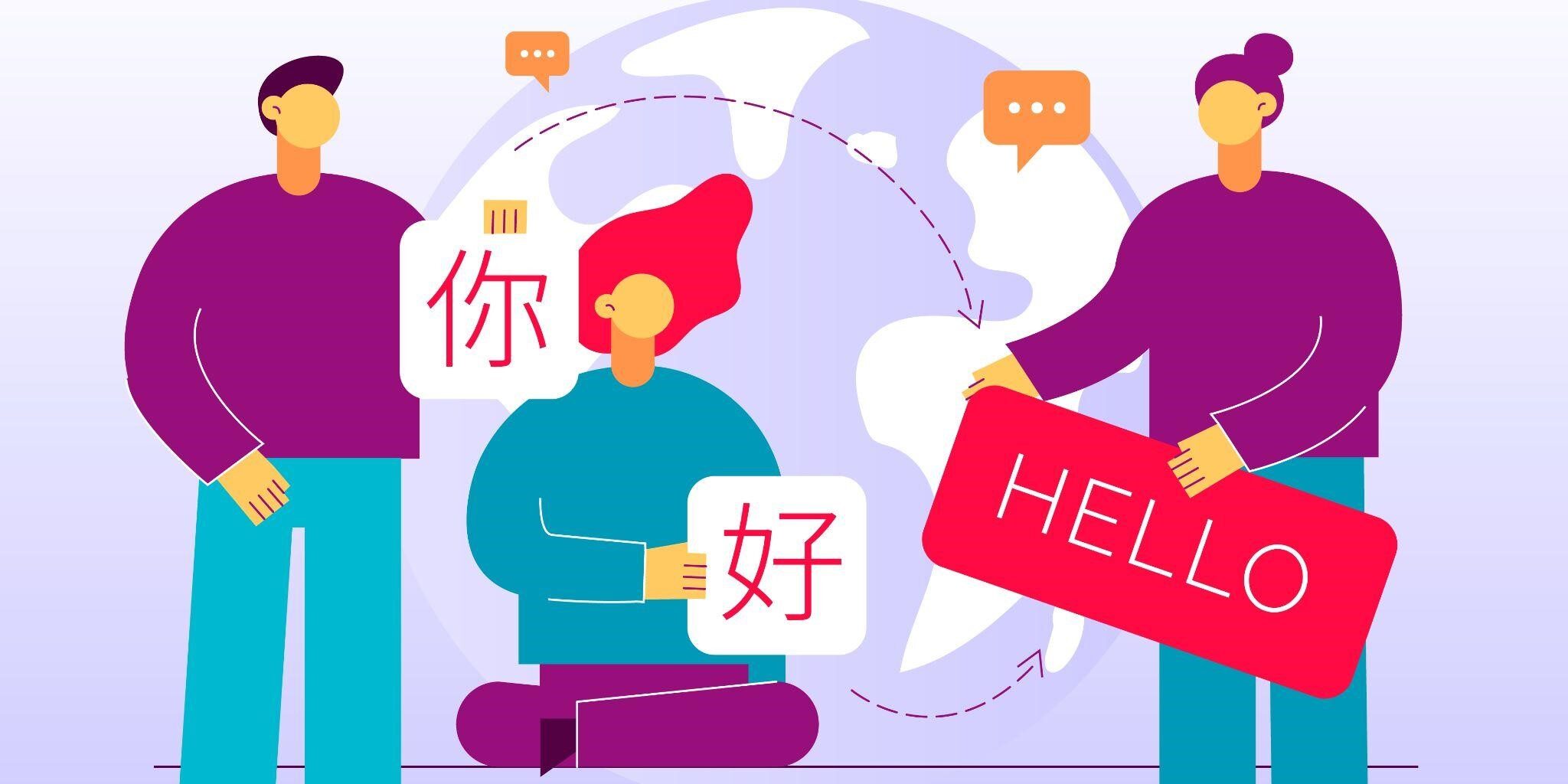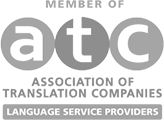In this era of digitalisation, businesses are increasingly expanding their operations across the globe. China is one such key market that has seen tremendous growth. As the world’s second largest economy expected to overtake the United States by 2028, it is hardly surprising that China is a top choice for anyone looking to expand their businesses overseas.
However, the process of bringing your business outside of Singapore may be fraught with challenges. The language barrier is one of the most significant challenges that most businesses face when trying to enter the Chinese market. Perhaps you have already done ample market research on the buying habits of local consumers, familiarised yourself with the regulatory requirements and customised your product offerings according to consumer preferences. Yet, you have not found much success in accessing the Chinese market. This may be your cue to review your marketing collateral and the way that they have been translated into the Chinese language.
Translation vs Localisation
When converting your content into the target language, it is essential to note the differences between translation and localisation. Translation tends to be more straightforward than localisation, and involves the direct conversion of one language to another. For messages that are intended for a generalised audience, such as labels, packaging, signages and official documents, translation will suffice.
On the other hand, if your message is meant for a specific audience, content localisation will be required. Content requiring localisation include websites, marketing collateral, slogans, social media campaigns and games. Localisation is more than just the conversion of one language to another; culture has a critical role to play. To successfully localise your content such that it resonates with your target audience, you will need to take into account linguistic and cultural differences between your source language and target language. For example, direct translation will not work for idioms and puns, and you will have to find a way to convey a similar message in the target language. You will also need to consider the values and prevailing trends in the target culture when doing content localisation.
Localisation is also essential for Search Engine Optimisation (SEO). You may have an excellent English SEO strategy, but the same strategy may not work in your target language. You are likely to need a new set of keywords to effectively reach your intended audience online.
Localising content is one of the most effective ways of reaching out to your target audience on an emotional level, building lasting relationships with your consumer base and establishing your overseas brand identity.
Tips for Chinese Translation
Generally, here are some pointers to keep in mind when translating your content from English to Chinese, or any other language:
- Avoid machine translation and hire a professional translator if possible.
- Remember to consider linguistic and cultural differences between the source language and target language.
- Literal translation may work for short, simple phrases, but for more complex phrases and expressions, you will have to analyse them carefully before translating.
Engaging Professional Chinese Translation Services in Singapore
Translating and localising your content may seem like a daunting and uphill task, especially if you lack the relevant expertise and language capabilities within your company. However, know that you can always outsource your Chinese translation work to a certified translation agency in Singapore, such as Translated Right. Our translators have professional subject matter expertise across multiple disciplines, including Financial, Legal, Industrial, Government, IT & Software, Medical, Marketing and more.
As the top translation agency in the Asia Pacific and numerous 5-star Google reviews from satisfied clients, you can expect language translation services of the highest quality. Whether you’re looking for business Chinese translation services or website localisation services, we can help you out. Get in touch with us today to ensure your business’ success abroad!







